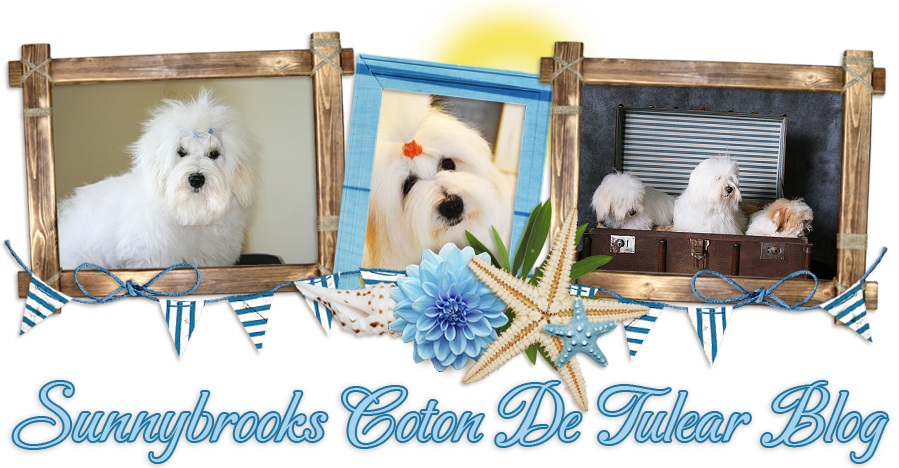House training is one of the areas that dog owners seem to have the most trouble with and just plain don’t like to deal with.
Submissive/excited urination
A submissive is a dog that urinates on the floor and himself (and sometimes on you and any guests you may have!) in situations of extreme excitement or stress - like when you return home at the end of the day, or when he is being told the off command.
Puppies are the usual ones for submissive/excited urination, but can also be seen in adult dogs with the problem as well: usually, these are highly sensitive and timid dogs, and/or ones from a shelter/or a history of abuse
Situations when an excited/fearful dog is likely to urinate:
• Greeting time after a long time away
• Play time
• Company
• Stressful situations
• During a correction Sudden loud noises (thunder, fireworks parties, )
What can I do about it?
First of all, you should take him to the vet to make sure there is no medical reason for the issue like diabetes or a bladder infection, urinary tract infection etc.
Take control of the problem:
Limit his intake of water to help him control his bladder more effectively. Don’t restrict his water intake over a long period of time, but if you know there is a situation which would normally result in your dog peeing for example, you have guests coming over, or are planning on a play time soon take his water bowl away for a period of time
- When approaching your dog, keep it calm. The more excited he is, the harder it is for him to control his bladder, so please don’t encourage him to get worked up: ignore him for the first few moments, or give him a quiet hello, or a quick pat, and then go your normal routine. Its Really, really important that you DO NOT punish or firmly correct your dog for this behavior. They cannot easily control, and she is certainly not doing it on purpose. When you catch him in the act, you can stop him with a firm quiet no, followed by praise when he stops should be enough. Be kind and try to understand. HE cannot help it.
When urinates out of fear (submissiveness) when scolding him for another offense, try to take the stress levels down a notch by keeping a firm, authoritative, but not mean tone. Remember this dog is a sensitive, highly-strung dog: if you get angry or worry him further, the problem will worsen.
Scent marking is when a dog Marks their territory with urine.
This is not technically a house training problem, since It is a dominance and territoriality rather than insufficient house training (a dog can be perfectly house trained but still mark inside the house.)
• The amount of urine produced is relatively small, and tends to be directed against a wall, or object.
• This is most common in dogs that are not fixed.
First things first: spay or neuter your dog(s) as soon as you possibly can. If you can do this early enough ideally, at six months of age, this is the age I recommend for my pet buyers as this often stops marking before it starts.
Clean soiled areas thoroughly. Use a non-ammonia based. Oxi-Clean mixed with warm water is particularly effective; there are also plenty of commercial cleaners designed specifically to lift pet stains and odors, which you can buy from pet stores and some supermarkets.
Dogs tend to re-mark the same places
Sometimes there is pecking order between dogs in the household, so you need to take steps to resolve it. Any conflict is likely to top dog of the house, so a power struggle, or a peeing match can be what is happening. You can try to stop the tension by paying attention to which dog seems to be more dominant than the other one (which one eats first, gets the toys he/she wants, stares down another dog), and reinforce this position. Try feeding the dominant dog first. Pet him/her first. Give him/her a toy before anyone else gets one. This makes it clear to all dogs in the house which one really is the dominant dog, and when this top dog has been recognizably established, territorial/dominant behaviors like scent marking can start to subside.
Usually this is only a problem, for dogs in breeding homes or dogs that are not spayed or neutered. It is for the best interest of your dog for health reasons also to have them fixed at about 6 months.




